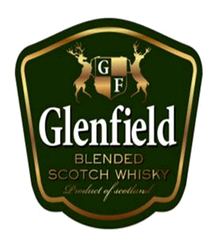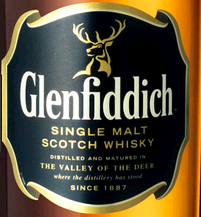We have a decision in the Sky v SkyKick case… and the long-awaited CJEU’s decision is good news for brand owners!
On 29 January 2020 the Court of Justice of the European Union (CJEU) handed its decision in the referral from the English High Court in the Sky v SkyKick case. We have previously covered this case and its importance for EU and UK trade mark law (including with our summary of the opinion issued by Advocate General Tanchev, which can be seen here).
The CJEU’s ruling provides good news for trade mark owners as it largely maintains the status quo for EU and UK trade mark law, departing from the AG’s Opinion in a number of important ways.
Read More

